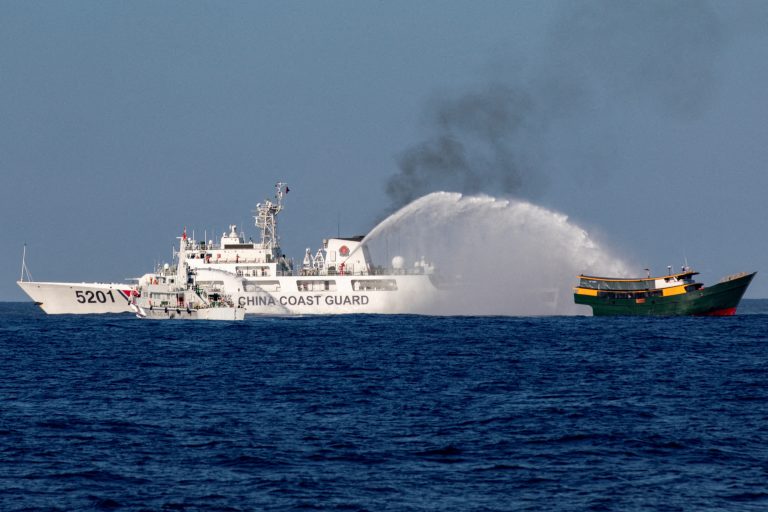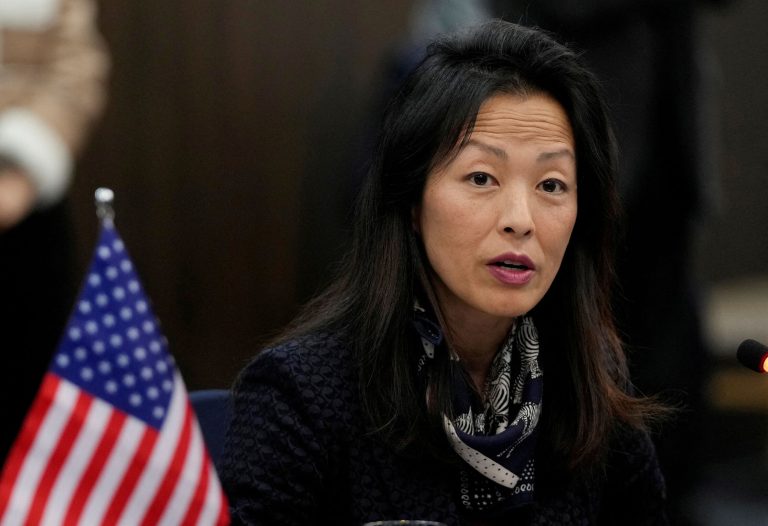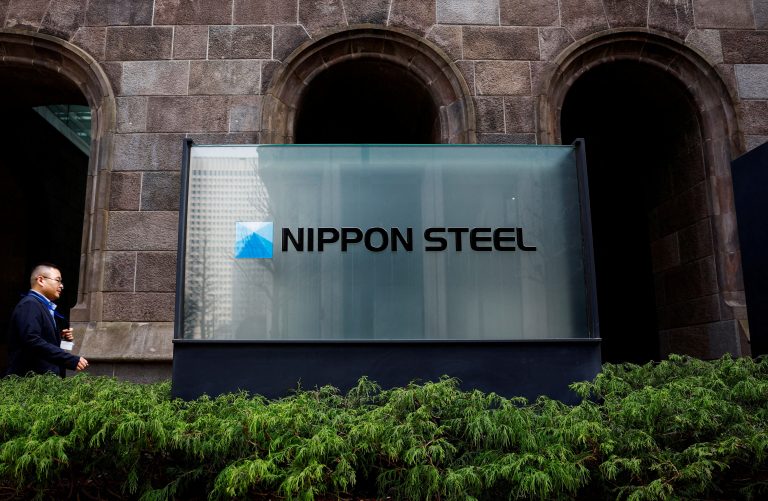Tensions continue to rise in the South China Sea, after on Wednesday (May 2) a Philippine official accused the Chinese coast guard of damaging two vessels with high-pressure water cannons.
Philippine officials said that while on their way to the disputed Scarborough shoal the previous day, to help Philippine fishermen at sea, Chinese coast guard vessels fired water cannons at them. A Philippine coast guard ship and a fishing vessel were damaged in the attack.
It’s not new for Communist China to use water cannons against Philippine ships in the region.
Scarborough Shoal is a prime fishing patch close to major shipping lanes that is used by several countries, and falls inside the Philippines’ exclusive economic zone. During the years it has been a constant source of flashpoint between the two countries.
Philippine coast guard spokesperson Commodore Jay Tarriela said that the situation escalated when the Chinese ships deployed water cannons against one fleet’s vessel.
Success
You are now signed up for our newsletter
Success
Check your email to complete sign up
Tarriela noted that China has been raising the pressure of its water cannons, which led to the Philippine ships suffering damage. However, he stated that these actions do not yet count as an armed attack against a Philippine vessel.
“It just goes to show that Goliath is becoming more Goliath. They don’t hesitate to use brute force to violate international law,” Tarriel added.
The Philippines has a mutual defense treaty with the United States, which has pledged its “ironclad commitment” to defending them. If an armed attack on Philippine military and public vessels were deemed to have occurred, including on coast guard ships in the South China Sea, Washington would be obligated to get involved.
Beijing claims sovereignty over almost all of the South China Sea, a conduit for more than $3 trillion of annual commerce. These claims infringe upon the territorial rights of multiple Southeast Asian countries, including the Philippines, Vietnam, Indonesia, Malaysia and Brunei.
An international tribunal in 2016 said China’s expansive claim had no legal basis.
A spokesperson with the Chinese embassy in Manila claimed that Scarborough shoal, called Huangyan Island in Chinese, “has always been China’s territory” and the Philippines should “stop making infringement and provocations at once and not to challenge China’s resolve to defend our sovereignty.”
Reuters contributed to this report.









